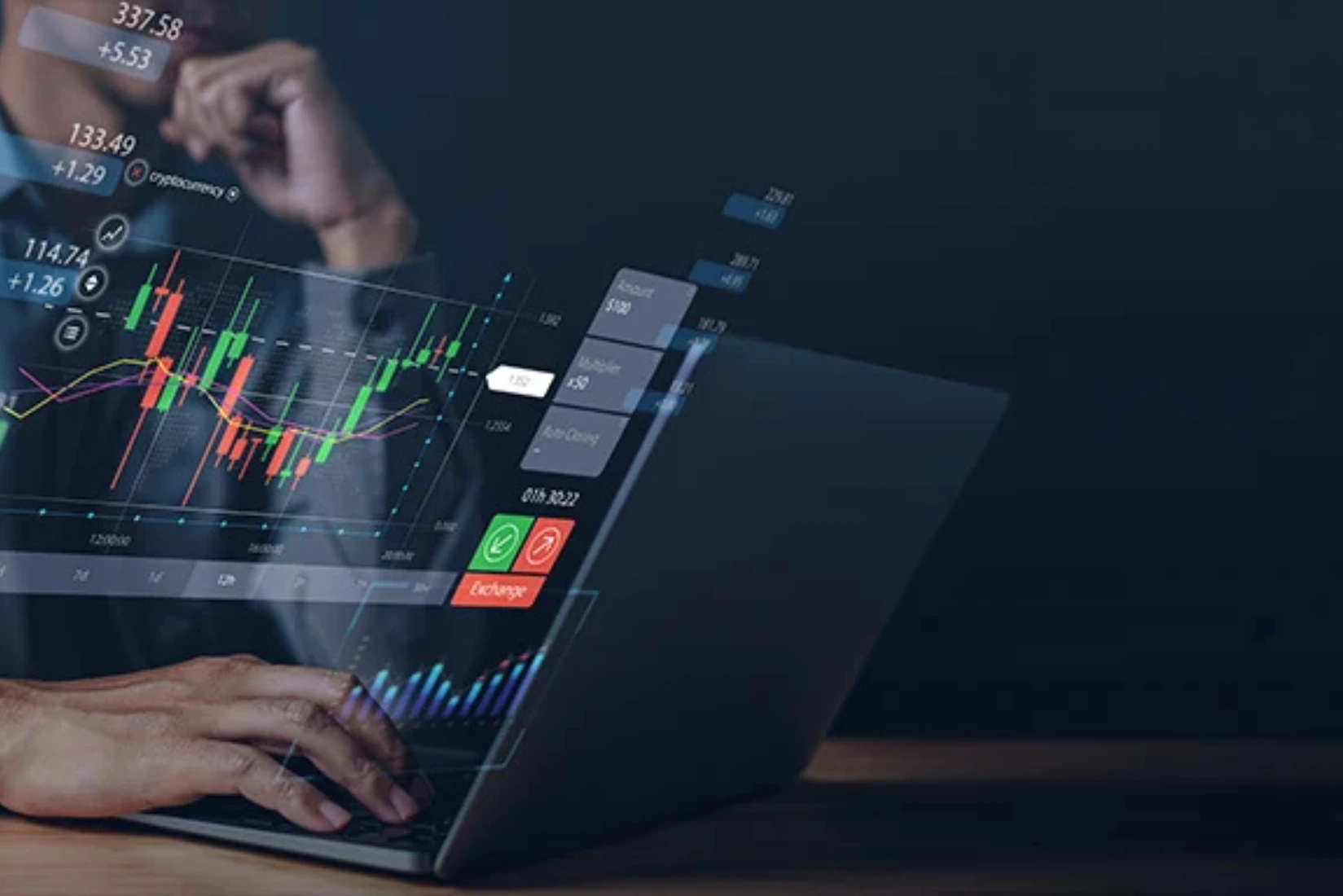5 Trading Mistakes That Could Be Draining Your Profits Without You Noticing
Let’s Talk Honestly About Trading Mistakes
Let’s cut through the fluff—trading mistakes are common, persistent, and in many cases, completely avoidable. The truth? Most people aren’t losing because the market is “unpredictable” or “rigged.” They’re losing because they keep repeating the same poor decisions, disguised as instinct or experience.
You don’t have to be new to trading to fall into these traps. In fact, some of the worst offenders are folks who’ve been in the game for years and have gotten too comfortable. Let’s dig into five of the most common mistakes that quietly (and efficiently) drain profits—and why it’s time to stop making excuses.
1. First Trading Mistakes : Skipping the Trading Plan (Because You Think You Don’t Need One)
If you’re trading without a plan, you’re not trading—you’re gambling. Harsh? Maybe. But true.
A real trading plan sets your entry, exit, stop-loss, risk per trade, and overall strategy. If you don’t have these locked in before you hit “buy,” you’re operating on impulse. And if you think experience makes you immune to this mistake, think again. Overconfidence is just as dangerous as ignorance.
A trading plan isn’t optional—it’s the bare minimum for staying in this game long-term.


2. Overtrading: The Illusion of Productivity
More trades don’t mean more money. They usually mean more mistakes, more fees, and more stress.
Overtrading often comes from boredom or the false belief that you’re “missing out” if you’re not constantly in a position. But let’s be clear: most of the time, doing nothing is the better trade. Patience isn’t passive—it’s strategic.
If you’re constantly clicking around looking for setups that aren’t there, that’s not hustle. That’s noise. And noise costs money.


3. Letting Emotions Run the Show
This one’s obvious, yet still undefeated. Fear and greed are the two loudest voices in the market—and too many traders are still listening.
Lose a few trades? You panic. Win a few? You get cocky. Either way, your decisions stop being calculated and start becoming personal. That’s where the real damage begins.
The market doesn’t care if you’re having a good day or a meltdown. It responds to structure, risk management, and consistency. You’re not smarter when you’re emotional—you’re just more reckless.
4. Ignoring Risk Like It’s a Detail, Not a Dealbreaker
This one gets traders every time. Why? Because it’s easy to overlook… until it’s too late.
Proper risk management isn’t glamorous. It doesn’t make headlines. But it’s the reason smart traders survive downturns while others blow up their accounts. If you’re risking more than you can afford to lose on a single trade, you’re not being aggressive—you’re being careless.
One mistake shouldn’t destroy your portfolio. If it can, your entire system is broken.
5. Chasing the Market (Also Known as Panic Buying)
You see a setup you missed. It moves. You panic. You chase. And then—you lose.
It happens all the time. FOMO is real. But chasing trades is usually a sign that your discipline is cracking. Good entries don’t require desperation. By the time you’ve “caught up” to the move, the market’s already onto the next thing.
There will always be another trade. If you’re constantly jumping in late just to “be in,” you’re not trading—you’re reacting. And reactive traders rarely last.


Final Thoughts: Trading Mistakes Are Inevitable—But Repeating Them Is a Choice
Here’s the uncomfortable truth: you will make trading mistakes. Everyone does. But if you keep making the same ones, that’s not the market’s fault—it’s yours.
The best traders aren’t perfect. They’re just brutally honest about their flaws, and they don’t let ego or excitement cloud their process. If you want to succeed in trading, that’s the real edge—awareness, accountability, and the willingness to stop sabotaging your own results.
Spot the mistake. Own it. Adjust. Then move on. Because the worst place to keep learning the same lesson is with your own capital on the line.
Relevant Link : 5 Trading Mistakes Every Trader Should Understand (Before It Costs Them)




